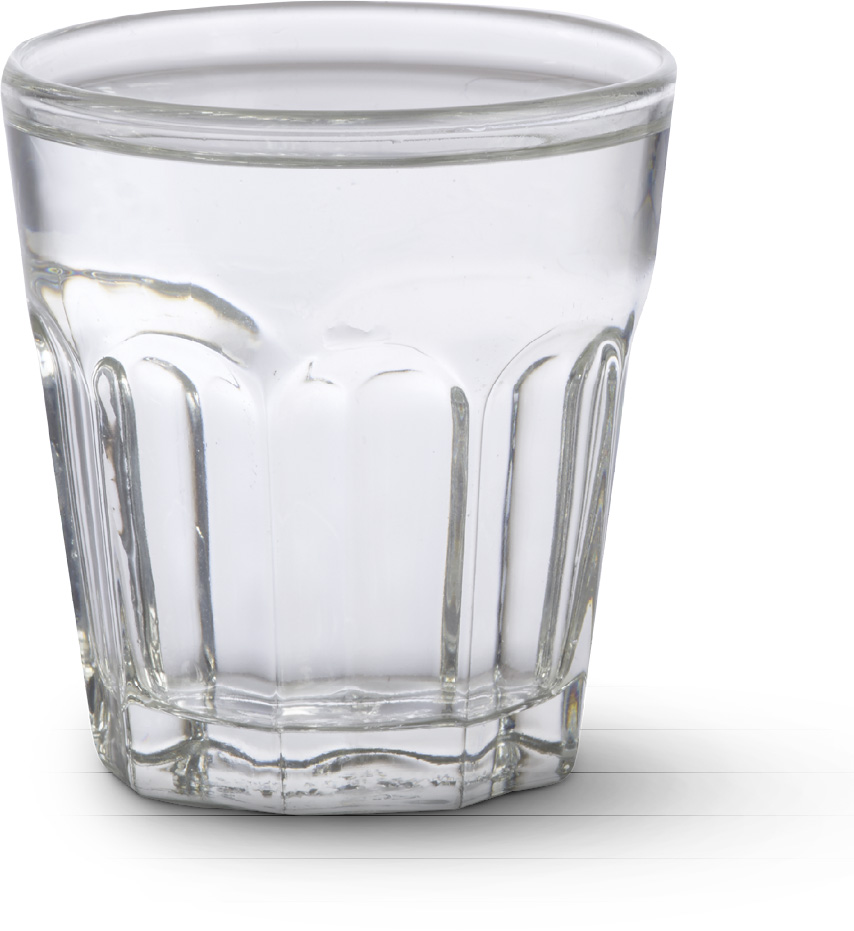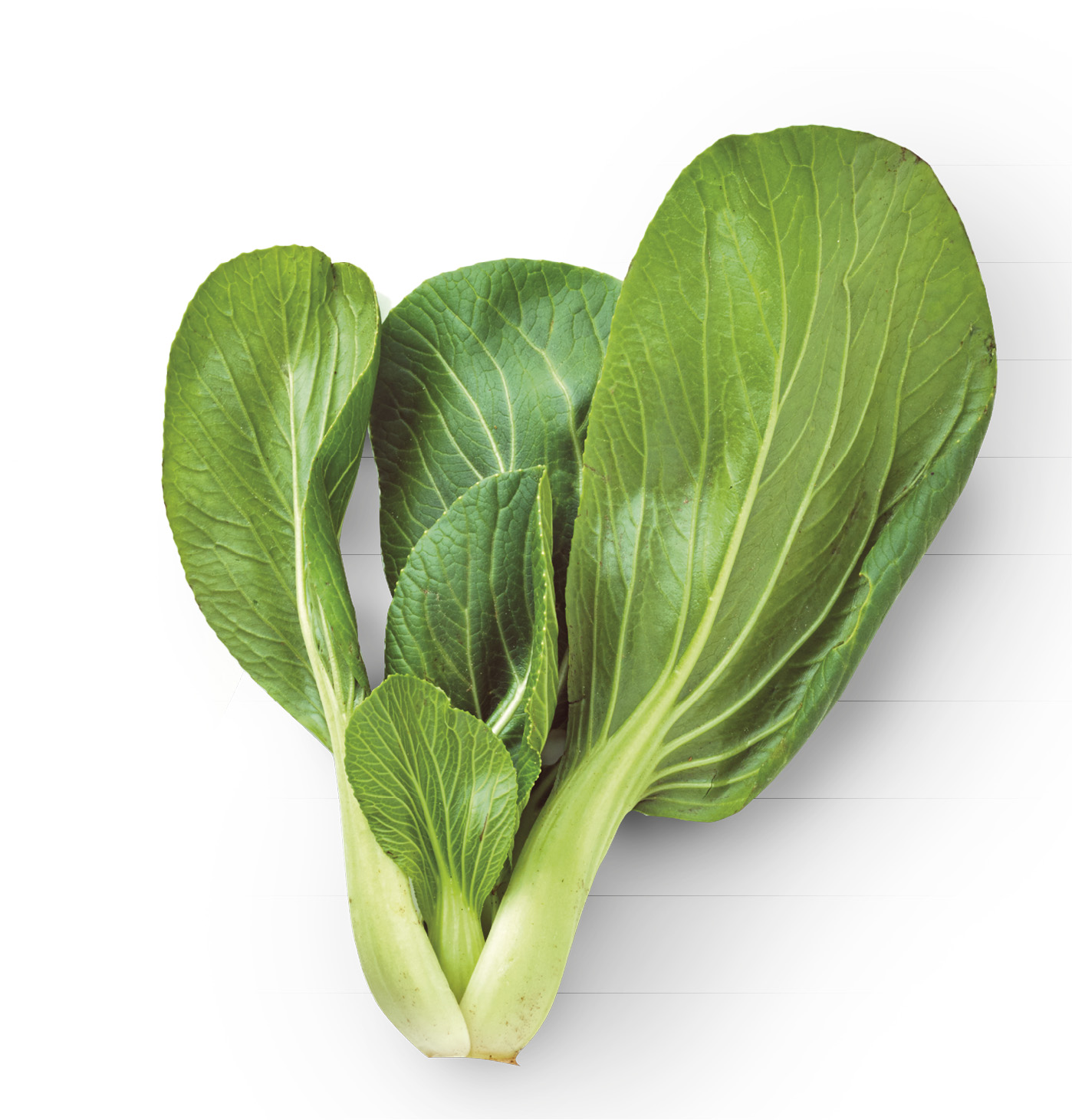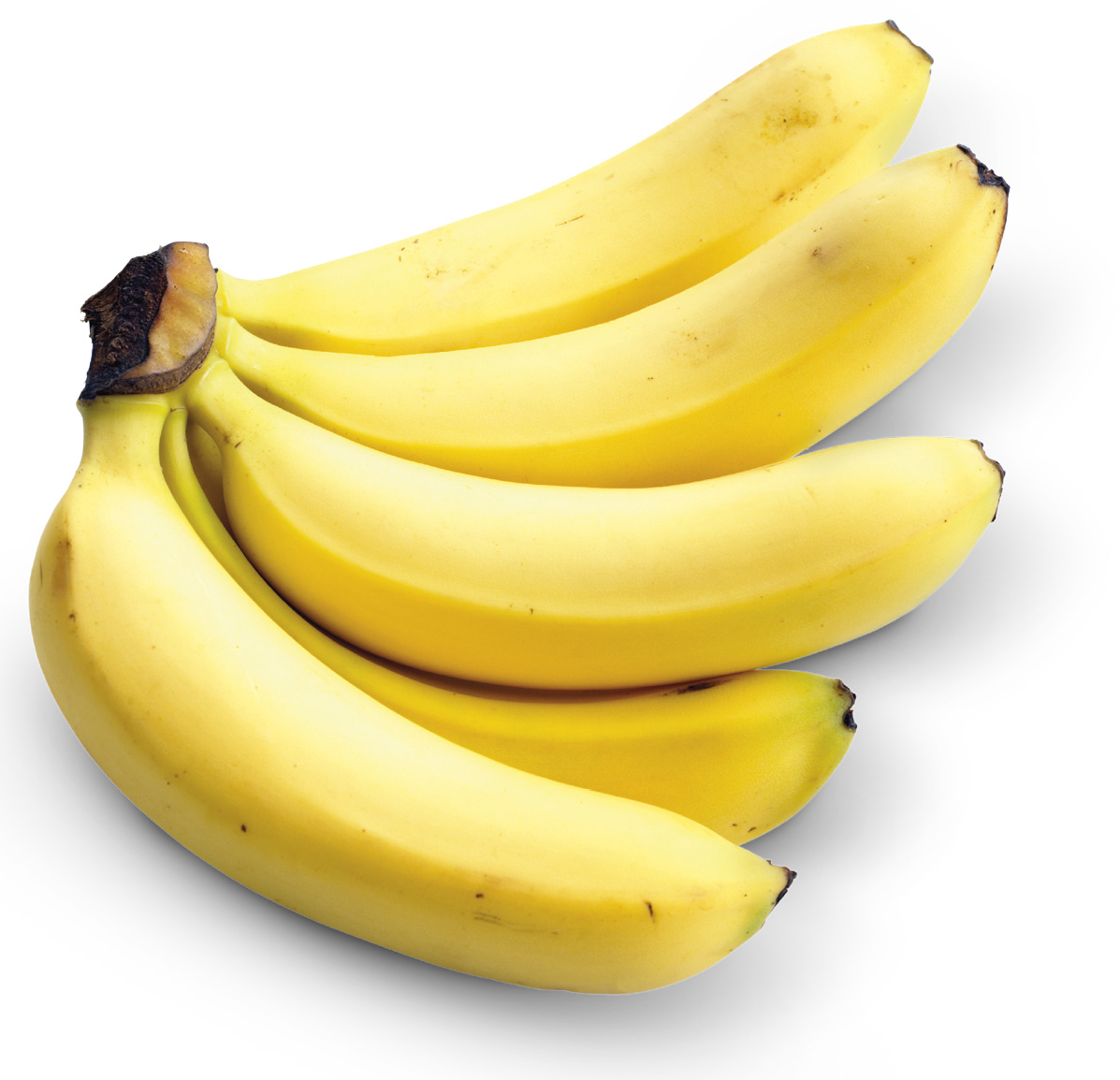
Your kidneys work tirelessly, filtering all your blood several times a day to remove waste, which exits the body via the bladder in urine. A decline in function and control is partnered by an upsurge in infections – thankfully, all respond well to nutrients in food.

Gradual physical changes can lead to some commonly experienced urinary conditions, but fluids and foods offer plenty of possible approaches for good urinary health.
The kidneys have a huge blood supply and ever-narrowing blood vessels channel the blood into micro filtering units called nephrons. The numbers of nephrons and the kidney’s filtration rate decline with age. Hardening of blood vessels within the kidney via the process of atherosclerosis mean that blood is filtered more slowly. So, eating foods that are good for your heart and circulation – such as fruit, vegetables, wholegrains, and olive oil – may also benefit your kidneys.
Urinary tract infections, or UTIs, are the second most common infection and become more numerous with age; plus, women are more prone to them than men (due to anatomical differences). Studies also show that bladder infections can be directly linked to E. coli bacteria. Probiotic foods, such as yogurt, are key to promoting healthy bacteria in the gut to cut E.coli numbers. Some studies find little evidence for the use of cranberry juice; other studies show that its anti-adhesion powers can stop E.coli sticking to the urinary tract walls and reducing UTIs.

Ninety per cent of urinary tract infections are caused by E. coli bacteria from the gut.

High salt or sodium levels in the blood stress the kidneys as they try to retain water to dilute the sodium. As kidney function declines with age, the kidneys have to work even harder to counteract the sodium, resulting in stiffer blood vessels and high blood pressure. Potassium opposes sodium and can help relax vessels, excrete sodium, and lower blood pressure. Limiting salt and eating potassium-rich foods can help the kidneys work better and cut the risk of disease.
The tissue in the bladder wall loses its elasticity over time, and so the bladder can no longer hold the same volume and empties less completely. With age, it also becomes harder to delay urination after sensing the need to go. Such changes mean older people may urinate more often and suffer more with urinary incontinence. Foods can help: high-fibre foods, such as wholegrains, keep you regular (constipation exacerbates incontinence). Older people can also suffer from an overactive bladder, which can be irritated by certain foods and drinks.
When it comes to supporting urinary health, fluid intake is of paramount importance, along with reducing salt intake and eating more potassium-rich foods. What’s more, addressing gut bacteria can help dramatically reduce the risk of urinary tract infections.

Drinking plenty of fluids helps the kidneys work properly, which lowers the risk of kidney problems such as chronic kidney disease, urinary tract infections, and urinary incontinence. Water is the top choice for hydration. Tea may protect against bladder cancer, according to the World Cancer Research Fund, but caffeine-containing drinks may make incontinence worse by irritating the bladder.

A few studies have found that higher intakes of wholegrains are linked to improved kidney function. Good intakes also protect against type 2 diabetes, which is a major cause of kidney damage.

They’re rich in water and potassium, which helps to normalize blood pressure when combined with a lower sodium intake. High blood pressure is one of the most common causes of kidney damage. Top choices for potassium include potatoes, parsnips, bananas, avocado, dried fruits, and baby spinach. The World Cancer Research Fund confirms they may protect against bladder cancer, too.
Certain Lactobacillus strains (found in yogurt) have been shown to be beneficial against UTIs. In a study, women who consumed fermented milk products at least three times a week cut their odds of UTIs by 79 per cent, compared with those eating them less than once a week.

It’s not just their high potassium content that makes bananas a great choice for healthy kidneys, they also contain vitamin B6, and some studies show this vitamin may help to reduce levels of oxalate in urine. Oxalate binds with calcium to form the most common type of kidney stones, so keeping oxalate levels down may help to protect against kidney stones.
Foods to avoid
• Salt – Avoiding salt and limiting salty foods will help to keep high blood pressure under control.
• High-protein diets – Excessive amounts of protein can damage the kidneys. A 2017 study found that red and processed meats are linked to an increased risk of developing chronic kidney disease.
Particular nutrients have been shown to help or hinder common age-related urinary conditions. Discover which foods to include and which to exclude.
Urinary incontinence is a term for any leakage of urine. Stress incontinence is an involuntary leakage of urine when increased pressure “stresses” the valve mechanism that normally keeps the bladder closed; urine leaks on exertion, such as jumping or coughing. In urgency incontinence, an involuntary leakage is accompanied by a sudden need to pass urine that is hard to ignore. This urgency may be associated with an overactive bladder, meaning more frequent toilet trips. Women are twice as likely as men to suffer. Drink plenty of fluids; eat potassium-rich and hydrating foods and avoid foods and drinks that can irritate the bladder (see Limit, below).
Fresh fruit and vegetables (particularly bananas and avocados), fluids
Caffeine, alcohol, citrus fruit, spicy foods, sugar
Urinary tract infections, or UTIs, are the second most common infection. Postmenopausal women are particularly susceptible because declining oestrogen levels make them more vulnerable to infection. Typical symptoms include painful, frequent, and urgent urination along with unpleasant-smelling urine. In mild cases, only one or two symptoms occur and these may resolve if you drink lots of fluids; if the infection is severe, you will feel very unwell, so visit a doctor. In older people, UTIs can lead to confusion and increase the risk of a fall. Eat foods that promote good bacteria in the gut to help prevent UTIs; keep fluid intake up for healthy kidneys.
Yogurt, fresh fruit and veg, fluids
Caffeine, alcohol, spicy foods
Anyone can get this common condition that’s often associated with getting older, but it’s more prevalent in certain ethnic groups, such as black people and those of south Asian origin. Many people with kidney disease are able to live long, largely normal lives. Causes include high blood pressure, diabetes, and high cholesterol levels, as well as certain medicines. If you have chronic kidney disease, your doctor may refer you to a dietitian who will work with you to devise an eating plan designed to help control your condition while giving you all the nutrients you need to stay in good health.